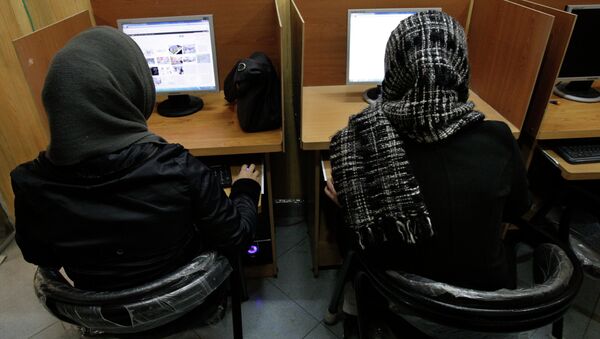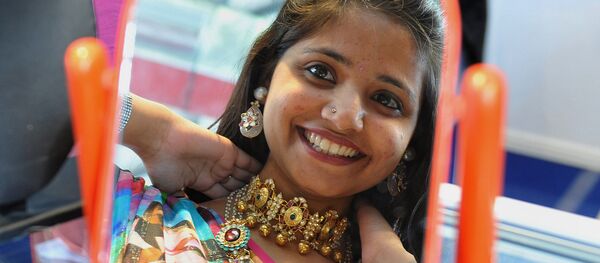Speaking to Iranian media on Tuesday, Jahromi confirmed that negotiations are underway with Twitter to unblock the service, and that the company was prepared to "negotiate to resolve problems."
The minister emphasized that the microblogging platform was banned in 2009 with security considerations in mind, rather than on any moral grounds. "Twitter is not an immoral environment needing to be blocked," he said.
A critic of heavy-handed internet censorship, Jahromi noted that while his ministry does not have the authority to unblock Twitter, it will put the question before the Supreme Council of Cyberspace, Iran's central internet censorship authorities, which will make the decision.
Jahromi also said that officials were looking for ways to unblock YouTube while continuing to censor any "immoral content" on the video site.
Despite the blocks, millions of Iranians already sites and services like YouTube and Twitter via proxies and easily obtained software.
According to the expert, authorities are coming to realize that Iranians would like to see a stable internet environment. At the same time, they have recognized that some services, especially YouTube, have a lot of cultural and educational content, particularly useful for Iran's young people.
"[YouTube] benefits them greatly, and they know how to bypass filters and find the programs they need," Azali said. "First and foremost, YouTube should be unblocked in Iranian universities," he added.
Workarounds for allowing services like Twitter, YouTube or Facebook to work legally in Iran have already been experimented with using other websites, the expert said.
"Today, many individuals and organizations use various social networks. In order to make them legal, authorities have established a series of restrictions…There are concerns regarding the morality of content, as well as secret correspondence. For example, in the case of Instagram, authorities use 'smart' blocking [i.e. selective blocking of content]. Of course, putting this sort of smart blocking on videos is much more difficult than it is for images."




